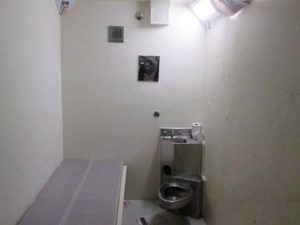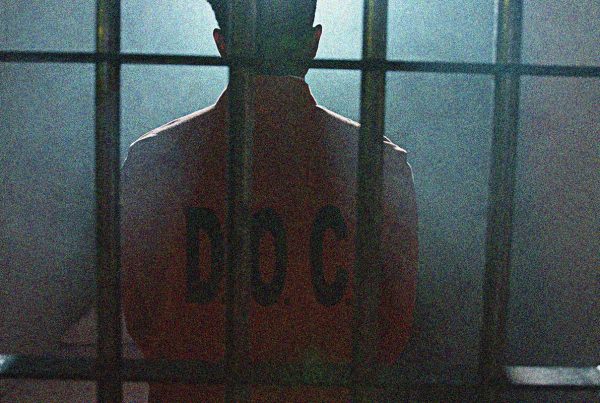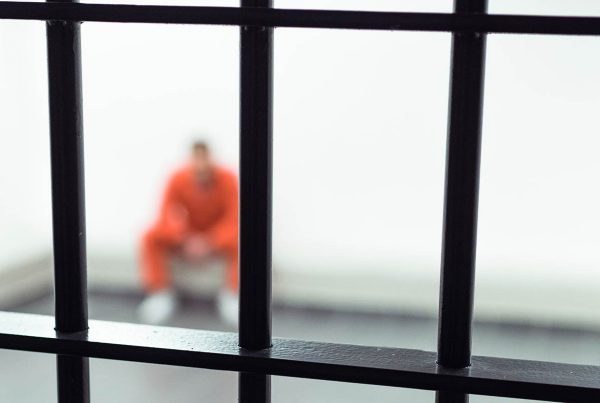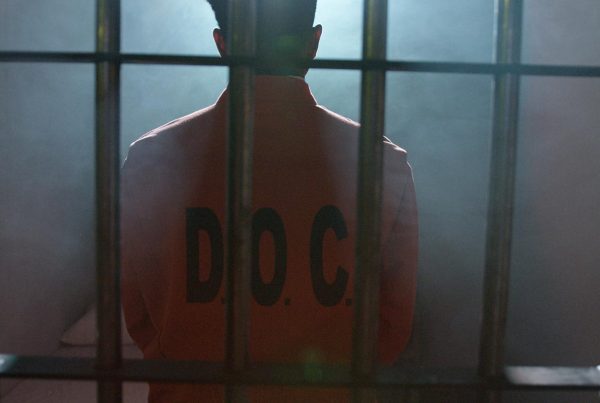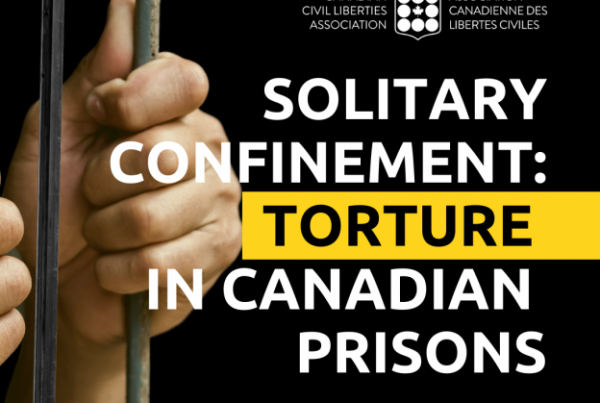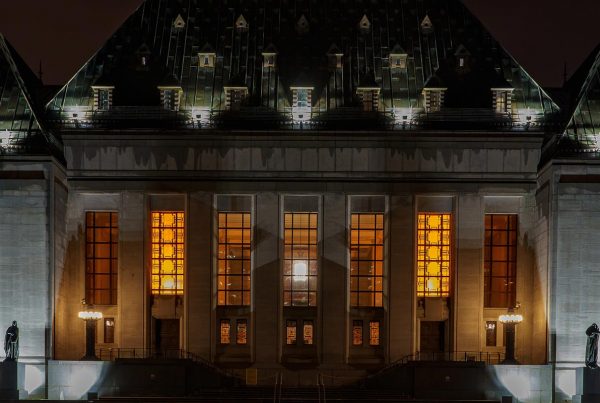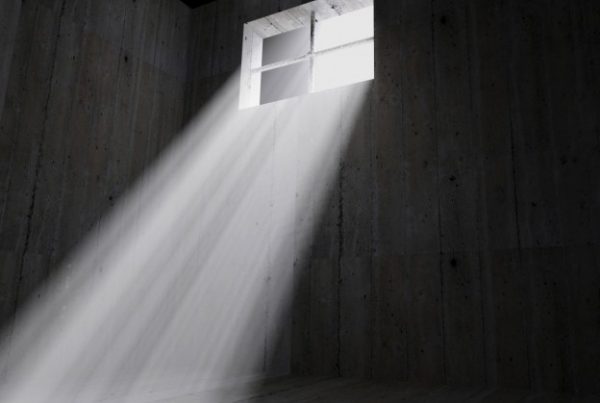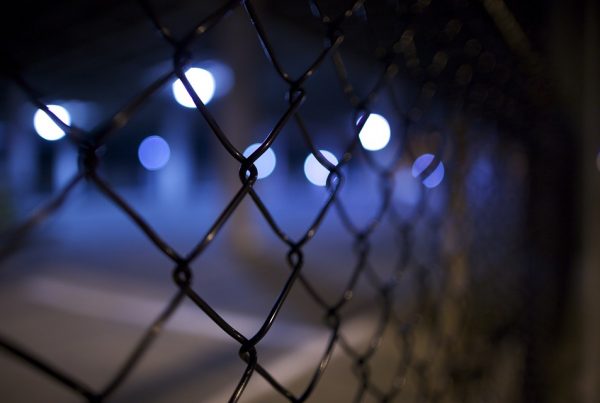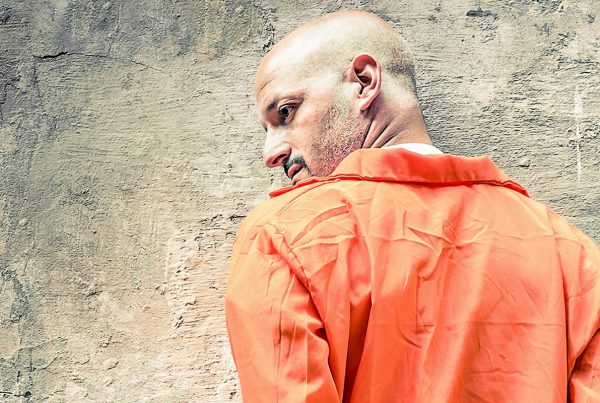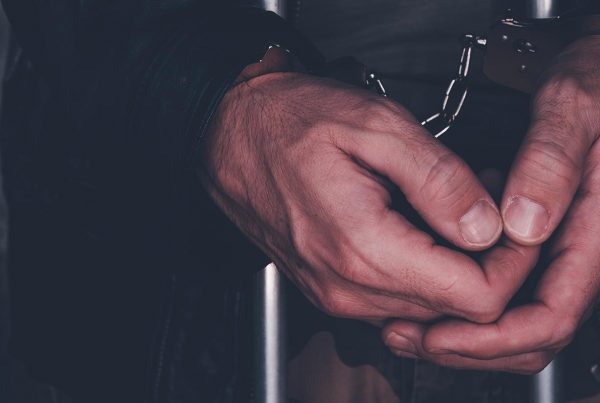The UNs Mandela rules dictate that being in solitary for more than 15 days is torture. If 15 days is considered torture, then why is the Canadian standard so much lower than that?
Holding people in extreme isolation causes devastating, permanent and irreversible harms to people. And there is a devastating body of evidence detailing what it does to a person to be left day after day, in their cell, in extreme isolation.
A key prison researcher in Canada conducted interviews with prisoners and concluded that segregation is “the most individually destructive, psychologically crippling and socially alienating experience that could conceivably exist within the borders of the country”. This was published in 1983 – over 35 years ago.
We know segregation harms mental health. Solitary confinement causes the following: massive anxiety, difficulties thinking, disturbances in thought content, problems with impulse control, cognitive impairment (e.g. concentration, memory, hallucinations) and emotional impairment (feelings of hopelessness, depression, rage and self-destructiveness).

